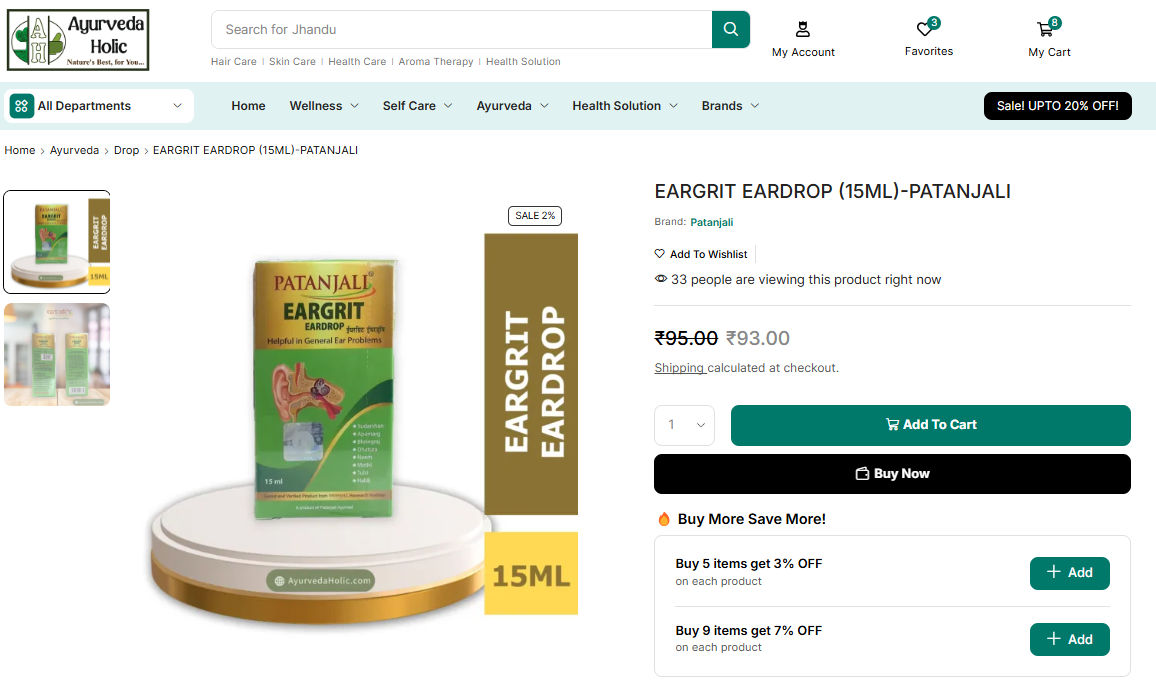How DevSecOps Transforms Cloud Security Strategies for Maximum Protection and Compliance
In today’s fast-paced digital world, organizations are adopting cloud technologies more than ever before. Cloud computing provides businesses with scalability, flexibility, and cost-effectiveness. But as businesses shift more operations to the cloud, they also expose themselves to new and more sophisticated security threats. From data breaches to compliance violations, the risks are real and growing.
This is where DevSecOps steps in as a game-changer. DevSecOps is a modern approach that integrates security into every stage of the software development and deployment process. Unlike traditional models that treat security as a separate task handled at the end, DevSecOps ensures security becomes a shared responsibility across teams. It brings together developers, security experts, and IT operations to build and maintain safer cloud environments.
By doing so, DevSecOps doesn’t just fix security issues—it transforms how cloud security is handled, making it proactive, continuous, and compliant from day one.
What is DevSecOps and Why Does It Matter?
Understanding the Basics
DevSecOps stands for Development, Security, and Operations. It’s not just a set of tools—it’s a philosophy. The goal is to make security an integral part of the development lifecycle rather than something added later. This approach reduces the chances of critical vulnerabilities slipping into production and allows organizations to respond faster to security threats.
How It Differs from Traditional Security
In traditional setups, security checks are usually performed after development is completed. This often leads to delays, last-minute fixes, and increased risk. DevSecOps, on the other hand, integrates automated security testing into every stage of the CI/CD pipeline. It helps catch issues early, making fixes quicker and less expensive while reducing the chances of a major security incident.
The Role of DevSecOps in Modern Cloud Security
Addressing the Dynamic Nature of the Cloud
Cloud environments are highly dynamic. Resources are constantly being spun up, modified, and retired. This speed and flexibility, while beneficial, make it difficult to apply static security policies. DevSecOps supports this environment by implementing automated, real-time security checks and continuous monitoring. This ensures that changes are assessed for risks as they happen, not after the fact.
Enabling Real-Time Threat Detection and Response
With DevSecOps, cloud systems are equipped with tools that continuously monitor activity and scan for vulnerabilities. When a potential threat is detected, automated responses can be triggered, or alerts can be sent for manual review. This proactive approach drastically reduces the time between identifying and addressing a threat, minimizing damage.
Simplifying Security for Developers
In many organizations, developers are expected to move fast, often prioritizing functionality over security. DevSecOps supports them by integrating security tools directly into their existing workflows. These tools offer real-time feedback and suggest fixes, helping developers write secure code from the beginning without slowing down their progress.
DevSecOps and Compliance: A Perfect Match
Automated Compliance Checks
One of the most powerful aspects of DevSecOps is its ability to automate compliance checks. In industries like healthcare, finance, or e-commerce, adhering to regulations such as HIPAA, GDPR, or PCI-DSS is non-negotiable. DevSecOps helps by codifying compliance policies and running them automatically within CI/CD pipelines. This ensures that every release meets industry standards without requiring time-consuming manual audits.
Audit-Ready Documentation
DevSecOps tools also maintain detailed logs and records of all activities, changes, and tests performed during the development process. This means when audit time comes, your team is already prepared. Everything is documented, traceable, and aligned with compliance requirements.
Continuous Compliance Monitoring
In addition to automated checks during development, DevSecOps supports continuous monitoring in production environments. This means that compliance isn’t just a one-time goal; it becomes an ongoing process. If any configuration drifts from policy, alerts can be triggered immediately, allowing teams to act fast and avoid violations.
Read more: The Importance of DevSecOps in Delivering Robust Cloud Security Solutions in 2025
Key Benefits of Using DevSecOps for Cloud Security
Early Risk Detection
DevSecOps allows vulnerabilities to be identified at the source—during coding or configuration. This prevents issues from snowballing into larger risks once the software is deployed in the cloud. Fixing problems early is faster, cheaper, and less disruptive.
Faster Delivery with Fewer Security Issues
By integrating security into the development process, teams can move faster without sacrificing quality. Security bottlenecks are eliminated, and automated tools do much of the heavy lifting, making it easier to deliver secure updates on time.
Scalable and Consistent Security
DevSecOps supports large, fast-growing environments by applying consistent security rules across all deployments. Whether your business is managing five cloud services or five hundred, security remains standardized and reliable.
Improved Collaboration
Security isn’t just the security team’s job anymore. DevSecOps fosters collaboration between developers, operations, and security specialists. Everyone shares responsibility, which leads to stronger overall protection and faster response when issues arise.
Better Customer Trust
Customers today care deeply about data security. A company that adopts DevSecOps sends a strong message—it values privacy and protection. This can become a competitive advantage, helping attract and retain customers.
How to Implement DevSecOps for Better Cloud Security
Step 1: Foster a Culture of Shared Responsibility
The first step is changing the mindset. Everyone involved in software development and deployment should understand their role in keeping systems secure. Encourage open communication between development, security, and operations teams.
Step 2: Automate Security Testing
Implement tools that automatically scan code, configurations, and infrastructure. This includes static and dynamic code analysis, container security scanning, and cloud configuration reviews. Automating these checks ensures they happen consistently and quickly.
Step 3: Use Infrastructure as Code (IaC) Safely
Most modern cloud environments are built using infrastructure as code. DevSecOps integrates security checks into this process to ensure cloud resources are configured securely right from the start.
Step 4: Monitor Everything Continuously
Use tools that provide real-time monitoring and alerting for threats, vulnerabilities, and policy violations. Continuous monitoring helps teams catch and fix issues immediately, preventing long-term damage.
Step 5: Train Your Teams
Provide developers and operations staff with basic security training. Teach them how to use the tools and understand the importance of secure coding practices. A well-trained team is one of your strongest security assets.
Real-Life Use Cases of DevSecOps in Cloud Security
Financial Institutions
Banks and financial services companies must meet strict compliance standards while protecting sensitive data. DevSecOps allows them to build secure financial platforms, automate audits, and detect fraud quickly—all while moving fast in a digital-first world.
E-Commerce Businesses
Online retailers process large volumes of transactions and customer data daily. DevSecOps ensures secure payment processing, prevents data leaks, and helps comply with privacy laws like GDPR and CCPA, which are crucial in the e-commerce sector.
Healthcare Systems
Hospitals and medical platforms handle confidential health records and must comply with regulations like HIPAA. DevSecOps enables secure cloud storage and transfer of patient data while ensuring systems remain accessible to medical professionals.
SaaS Companies
Software-as-a-Service providers need to roll out frequent updates without compromising security. DevSecOps allows them to integrate security testing into every release, so they can deliver new features quickly and safely.
Government and Public Sector
Public agencies are adopting cloud to improve efficiency and access. DevSecOps helps these organizations protect citizen data, comply with national cybersecurity frameworks, and respond swiftly to threats or breaches.
Future of Cloud Security with DevSecOps
As cloud adoption continues to grow, the importance of DevSecOps will only increase. More businesses will rely on automation, machine learning, and AI-powered tools to predict and prevent threats. Security will become more predictive, adaptive, and personalized.
Moreover, as cyber attackers become more sophisticated, having a static defense model will no longer be enough. DevSecOps offers the flexibility and intelligence needed to keep up with these challenges. It’s not just a security method—it’s a strategic investment in the long-term success of any cloud-driven business.
Conclusion
DevSecOps has completely changed how businesses approach cloud security. By embedding security into every part of the development and deployment process, it ensures systems are safer, more compliant, and better prepared for modern threats. This shift helps businesses move quickly without losing control of their data or operations. DevSecOps makes it easier to comply with industry regulations, respond to threats in real-time, and scale operations confidently.
For companies looking to build a strong, future-ready digital foundation, adopting DevSecOps is the smart path forward. Working with a reliable partner that offers on demand app development services can help you seamlessly integrate DevSecOps into your cloud strategies and build solutions that are not only innovative but also secure from the ground up.
FAQs
What is DevSecOps and how does it improve cloud security?
DevSecOps integrates security into every stage of the software lifecycle, allowing teams to identify and fix issues early. It uses automation, continuous monitoring, and collaboration to strengthen cloud security.
Can DevSecOps help with compliance requirements?
Yes, DevSecOps automates compliance checks, maintains audit logs, and ensures systems meet regulations like GDPR, HIPAA, and PCI-DSS throughout the development and deployment process.
Is DevSecOps suitable for all types of businesses?
DevSecOps is beneficial for businesses of all sizes and industries. Whether you're in finance, healthcare, e-commerce, or government, it helps build more secure and compliant systems in the cloud.
What are the main tools used in DevSecOps?
Common tools include static code analyzers, dynamic application security testing (DAST), infrastructure as code (IaC) scanners, container security tools, and continuous monitoring platforms.
How does DevSecOps affect the development speed?
By automating security checks and integrating them into the development process, DevSecOps reduces delays caused by late-stage fixes and helps teams deliver secure software faster.








